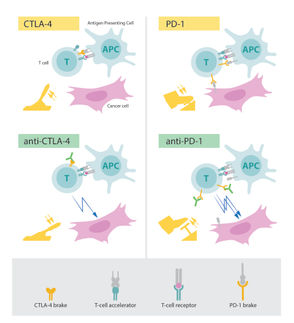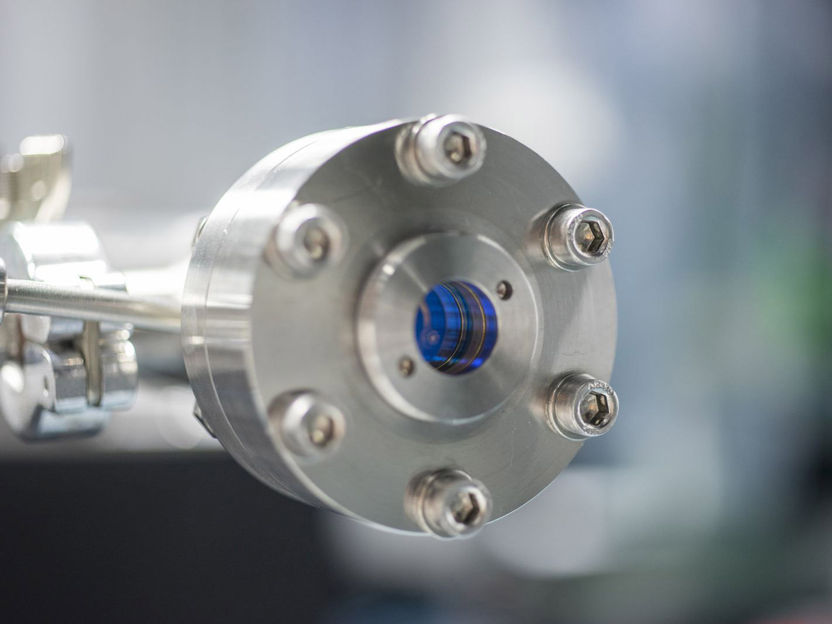TROXATYLTM PHASE I LEUKEMIA DATA PUBLISHED TODAY IN JOURNAL OF CLINICAL ONCOLOGY
BioChem Pharma Inc. (NASDAQ: BCHE; TSE: BCH) announces the publication of a peer-reviewed paper regarding Phase I leukemia data on TroxatylTM (troxacitabine) in today’s edition of the Journal of Clinical oncology. Troxatyl is BioChem’s investigational compound currently in Phase II clinical trials for the treatment of various forms of cancer.
The paper entitled, "Troxacitabine (BCH-4556), A Novel Dioxolane Nucleoside Analog, Has Activity in Patients with Advanced Leukemia", authored by Dr. Francis J. Giles, et al. documents a single center, open-label Phase I study conducted at the M.D. Anderson Cancer Center (MDACC) in Houston, Texas. The study evaluated Troxatyl in 42 patients with refractory leukemias (AML1:31 patients; MDS2:6 patients; ALL3:4 patients; CML-BP4: 1 patient). Early results indicated that Troxatyl demonstrated broad anti-leukemic activity. Three complete remissions and 1 partial remission were observed in 30 evaluable AML patients. Marrow hypocellularity was achieved in 22 of these 30 (73%) evaluable AML patients. One MDS patient achieved a hematologic improvement. The patient with CML-BP achieved a return to chronic phase disease. Stomatitis and hand-foot syndrome were the dose limiting toxicities.
The study’s principal investigator, Francis Giles, M.D., Associate Professor, Department of Leukemia, MDACC, commented, "The Phase I study documented in the JCO today shows that Troxatyl is an active anti-leukemia drug. Troxatyl's activity has been observed in subsequent studies and we are very committed to further investigation of Troxatyl, particularly in patients with AML and blastic phase CML."
1 Acute myeloid leukemia 2 Myelodysplastic Syndromes 3 Acute lymphocytic leukemia 4 Chronic myeloid leukemia – blastic phase
Jacques Jolivet, M.D., Director of Clinical Development – Oncology at BioChem Pharma added, "We have been conducting a very extensive clinical development program for Troxatyl, both in hematologic malignancies and in the solid tumours. The potential is exciting, especially in the leukemias, where the development program is more advanced."
TroxatylTM (troxacitabine) is the first dioxolane nucleoside analog to be investigated as an anticancer agent in clinical trials. Discovered by BioChem Pharma, Troxatyl is a complete DNA chain terminator and DNA polymerase inhibitor. It acts by incorporating itself into the growing DNA chain of cancer cells, interfering with their ability to replicate further. Currently, Troxatyl is being evaluated as a single agent or in combination therapy in a number of ongoing single and multi-center clinical trials in hematologic malignancies, including AML, CML-BP, and in lymphoproliferative disorders such as lymphoma, chronic lymphocytic leukemia (CLL), and myeloma. It is also being evaluated as a single agent in pancreatic cancer and in combination therapy in a number of solid tumours.
Other news from the department science

Get the chemical industry in your inbox
By submitting this form you agree that LUMITOS AG will send you the newsletter(s) selected above by email. Your data will not be passed on to third parties. Your data will be stored and processed in accordance with our data protection regulations. LUMITOS may contact you by email for the purpose of advertising or market and opinion surveys. You can revoke your consent at any time without giving reasons to LUMITOS AG, Ernst-Augustin-Str. 2, 12489 Berlin, Germany or by e-mail at revoke@lumitos.com with effect for the future. In addition, each email contains a link to unsubscribe from the corresponding newsletter.




























































